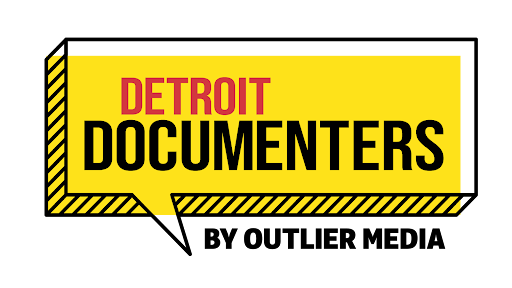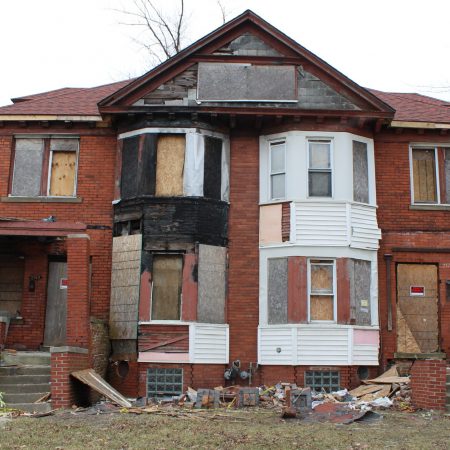The Metro: University of Michigan protest response sparks legal battle over free speech
Subscribe to The Metro on Apple Podcasts, Spotify, NPR.org or wherever you get your podcasts.
The criminal charges were dropped, but the punishments keep coming.
In May 2024, students at the University of Michigan protested outside the campus art museum. They chanted, linked arms, and called on the university to divest from Israel. Some video clips reviewed by The Metro show campus police escalating the situation, pushing their bikes and barricades into protesters. In another clip, an officer pepper-sprays students as they chant and raise their fists. That same month, police violently raided and broke up an encampment at the university, spraying protesters with what students say was a mix of pepper gas and tear gas.
Nearly one year later, the university began disciplining those involved. Some students were fired from campus jobs. Others were permanently banned from future university employment. One recent graduate was let go from a research position for a protest she attended as a student.
Meanwhile, Michigan Attorney General Dana Nessel dropped all criminal charges she had been pursuing against students amid mounting political pressure and the ongoing devastation in Gaza.
But the University of Michigan continued its internal punishments, labeling peaceful protests as “violence.”
The university also hired outside consultants and private security to surveil student activists, following them on and off campus.
After that revelation came to light, thanks to reporting by Tom Perkins in The Guardian, the university announced it was ending its undercover surveillance program.
Now, several lawsuits say the university retaliated against students not for breaking rules, but for what they believe.
Liz Jacob, staff attorney at the Sugar Law Center for Economic and Social Justice, represents the students and alumni suing the University of Michigan. She joined The Metro’s Robyn Vincent to discuss the lawsuits and the broader implications for free speech on campuses everywhere.
The University of Michigan has yet to respond to The Metro’s request for comment.
Listen to The Metro weekdays from 10 a.m. to noon ET on 101.9 FM and streaming on demand.
Trusted, accurate, up-to-date.
WDET strives to make our journalism accessible to everyone. As a public media institution, we maintain our journalistic integrity through independent support from readers like you. If you value WDET as your source of news, music and conversation, please make a gift today.Donate today »
More stories from The Metro
The post The Metro: University of Michigan protest response sparks legal battle over free speech appeared first on WDET 101.9 FM.









